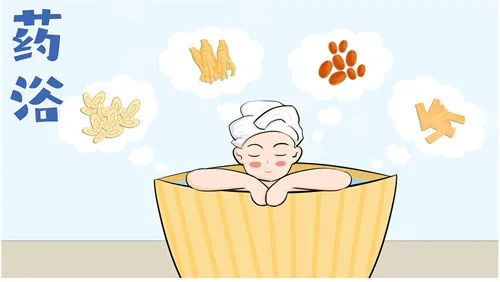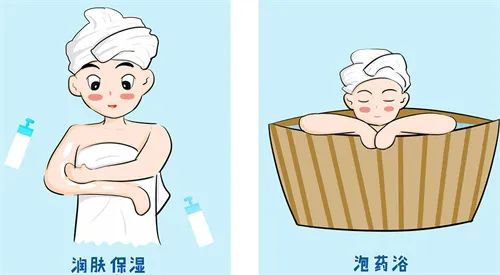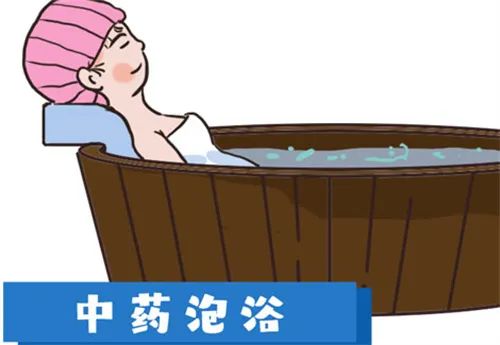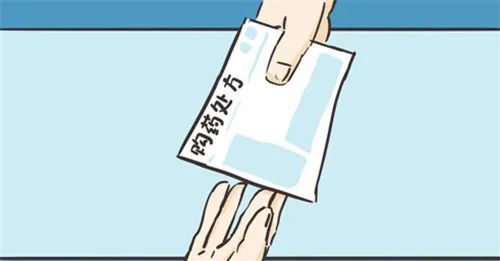Psoriasis, as a chronic and scaly skin disease, brings considerable distress to patients. To alleviate this symptom, many patients have tried various treatment methods, among which herbal baths are favored for their natural and gentle characteristics. However, some patients have found that their skin lesions actually increased after using herbal baths. What underlying reasons are hidden behind this phenomenon?

Firstly, the duration of the bath is a key factor. Some patients, while enjoying herbal baths, often unconsciously extend their bathing time, sometimes even up to one or two hours. However, prolonged soaking can damage the skin’s stratum corneum and impair its barrier function. The skin barrier is an important defense line that protects the skin from external stimuli; once damaged, harmful substances from the outside can more easily penetrate the skin, triggering an immune response, which in turn leads to an increase in psoriasis lesions.

Secondly, some improper operations during the herbal bath process may also exacerbate skin lesions. For example, some patients may scrub off scales with their hands while bathing; this behavior not only fails to effectively remove scales but may also cause skin damage, leading to a Koebner phenomenon and the appearance of new rashes. Additionally, excessively high water temperatures are also a significant issue. Although hot water can feel comfortable, excessively high temperatures can similarly damage the skin barrier and worsen the condition.

Each patient’s constitution and condition vary, thus their reactions to herbal baths will also differ. Some patients may have allergic reactions to certain herbal ingredients, such as Ku Shen (Sophora flavescens) and Bai Xian Pi (Dictamnus dasycarpus); although these herbs have the effects of clearing heat and drying dampness, and dispelling wind and relieving itching, they may also cause adverse reactions such as erythema and papules. If an allergic reaction occurs, use should be stopped immediately and medical attention sought.

Furthermore, it is important to clarify that herbal baths are merely an auxiliary therapy and cannot replace comprehensive standard treatment. The treatment of psoriasis requires a comprehensive consideration of the patient’s condition, type, and individual differences to formulate a personalized treatment plan. Therefore, relying solely on herbal baths is unlikely to achieve ideal therapeutic effects and may even worsen the condition due to improper treatment.

In light of the above issues, patients using herbal baths to treat psoriasis should pay attention to the following points:Control bathing time: Avoid prolonged soaking, generally keeping it around half an hour.Correct operation: Avoid scrubbing scales with hands, maintain appropriate water temperature, and avoid extremes.Observe reactions: Closely monitor skin reactions while using herbal baths; if any abnormalities occur, stop use immediately and seek medical attention.Comprehensive treatment: Herbal baths should be used as an auxiliary treatment method, combined with topical ointments, oral medications, and other comprehensive treatments to achieve better results.

In summary, the increase in psoriasis lesions after using herbal baths may be the result of multiple factors, including prolonged bathing time, improper operations during the herbal bath process, individual differences and drug reactions, as well as the limitations of herbal baths. Therefore, patients should follow medical advice and conduct treatment scientifically and reasonably to achieve the best therapeutic effects.

Click to read the original text for more inquiries.

